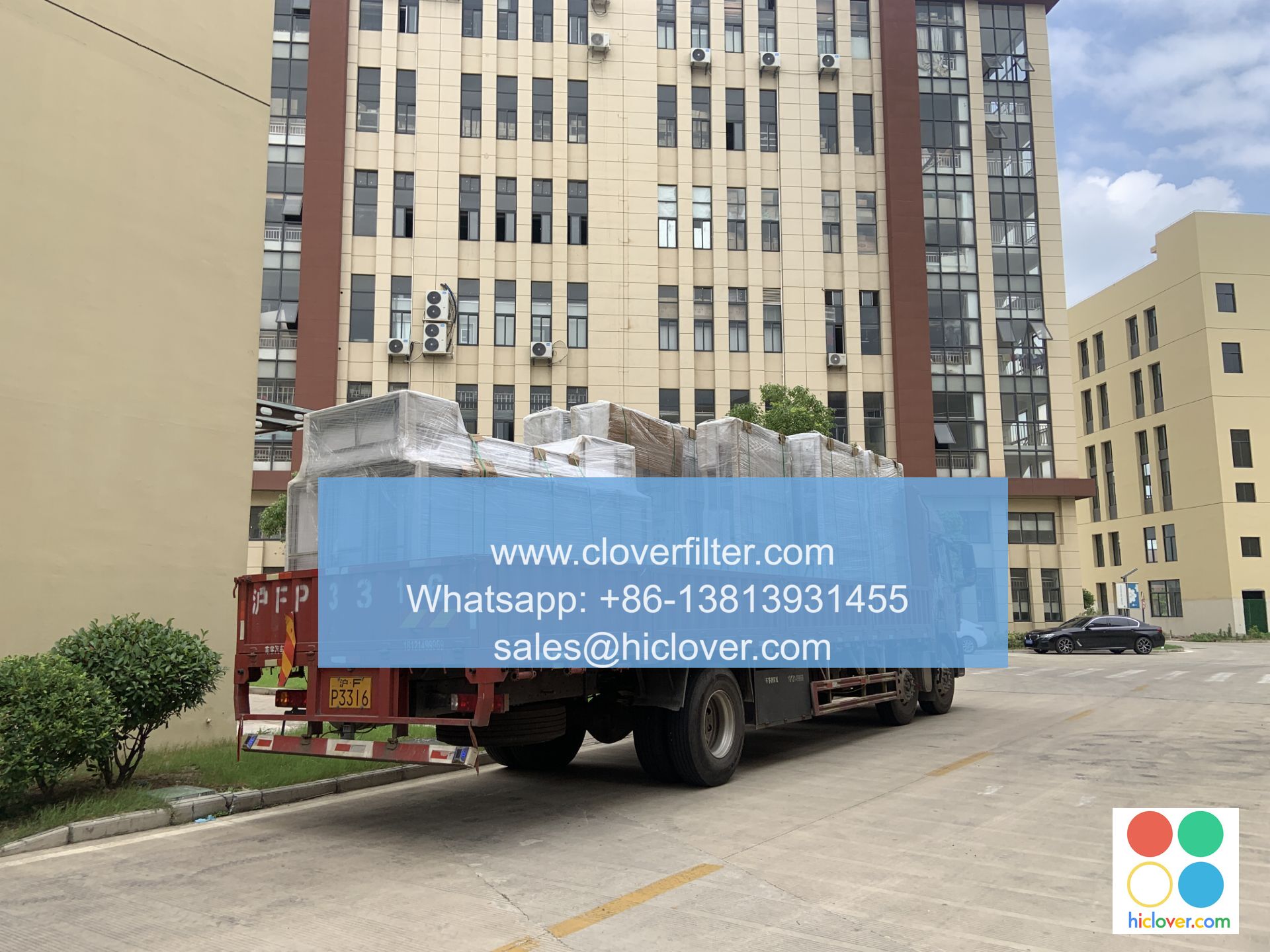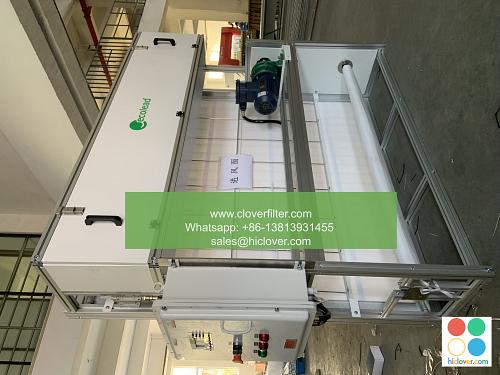The Best Air Filters for Large Industrial Buildings

Large industrial buildings require efficient and effective air filtration systems to maintain a healthy and productive environment for workers, while also protecting sensitive equipment and preventing damage to products. In this article, we will discuss the best air filters for large industrial buildings, highlighting various application areas and key considerations for selection.
Importance of Air Filtration in Industrial Buildings
Industrial buildings often have unique air quality challenges due to the presence of dust, pollutants, and other airborne contaminants. Effective air filtration is crucial to prevent respiratory problems, reduce the risk of equipment damage, and minimize downtime. A well-designed air filtration system can also help to improve indoor air quality (IAQ), reduce energy consumption, and increase overall productivity.
Types of Air Filters for Industrial Buildings
There are several types of air filters available for industrial buildings, each with its own strengths and weaknesses. Some of the most common types include:
* HEPA (High Efficiency Particulate Air) filters: These filters are designed to capture 99.97% of particles as small as 0.3 microns, making them ideal for applications where high-level filtration is required, such as in pharmaceutical manufacturing and food processing.
* Activated Carbon filters: These filters are designed to capture gases and odors, making them ideal for applications where indoor air quality is a concern, such as in office buildings and hospitals.
* Pre-filters: These filters are designed to capture larger particles and debris, making them ideal for applications where airflow and filter life are a concern, such as in industrial HVAC systems.
Key Considerations for Selecting Air Filters
When selecting air filters for large industrial buildings, there are several key considerations to keep in mind, including:
* Filter efficiency: The ability of the filter to capture particles and contaminants.
* Filter life: The length of time the filter can operate effectively before needing to be replaced.
* Airflow: The amount of air that can pass through the filter without significant pressure drop.
* Maintenance: The ease of maintenance and replacement of the filter.
* Cost: The initial and ongoing costs of the filter, including replacement and maintenance costs.
Application Areas for Air Filters in Industrial Buildings
Air filters can be applied in various areas of industrial buildings, including:
* Industrial HVAC systems: Air filters can be used to improve indoor air quality and reduce energy consumption in industrial HVAC systems.
* Cleanrooms: Air filters can be used to maintain a clean and controlled environment in cleanrooms, where precision manufacturing and quality control are critical.
* Industrial kitchens: Air filters can be used to improve indoor air quality and reduce the risk of food contamination in industrial kitchens.
* Warehouses: Air filters can be used to improve indoor air quality and reduce the risk of product damage in warehouses.
Conclusion
In conclusion, selecting the best air filters for large industrial buildings requires careful consideration of several factors, including filter efficiency, filter life, airflow, maintenance, and cost. By understanding the different types of air filters available and their application areas, industrial building owners and managers can make informed decisions to improve indoor air quality, reduce energy consumption, and increase overall productivity. Whether you are looking to improve indoor air quality, reduce energy consumption, or protect sensitive equipment, there is an air filter solution available to meet your needs. It seems like you didn’t include a prompt. Could you please provide more details or clarify what you’re looking for? I’m here to help with any questions or topics you’d like to discuss.

